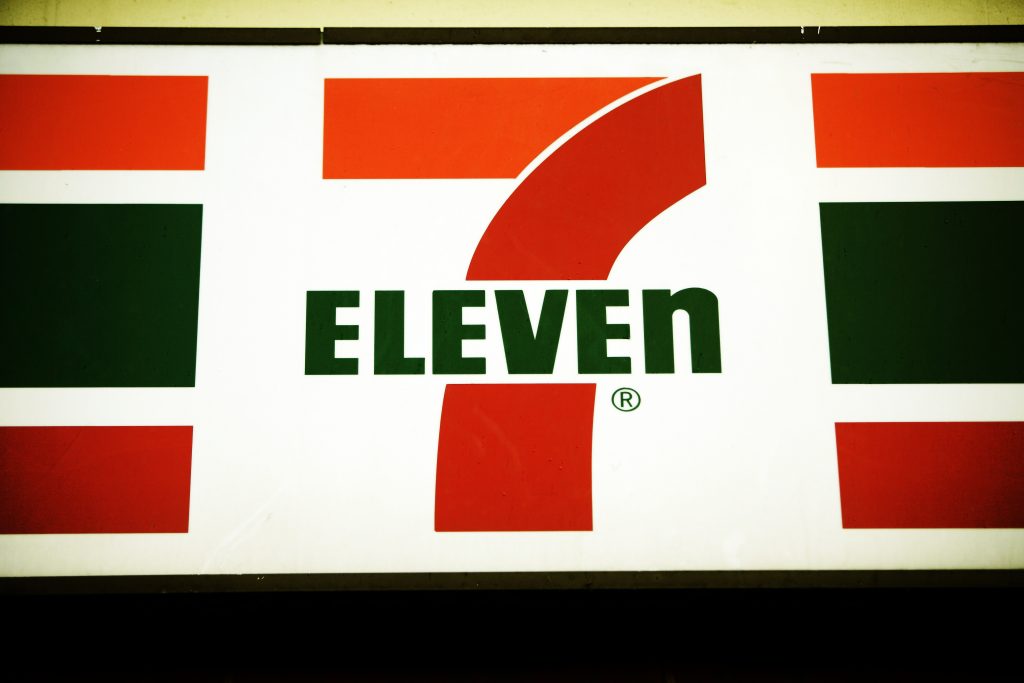If the deal goes through, it would create a retail giant with a near-monopoly in the U.S. market.
Others are reading now
A major acquisition is on the horizon that could reshape the convenience store landscape in North America.
A Near-Monopoly
Alimentation Couche-Tard (ACT), a Canadian company that owns Circle K, has made a friendly offer to purchase 7-Eleven, one of the largest convenience store chains in the United States and Japan.
If the deal goes through, it would create a retail giant with a near-monopoly in the U.S. market, according to El Economista.
Founded in Texas, 7-Eleven became a household name in Japan after World War II and eventually came under Japanese ownership when its American parent company went bankrupt in 1991.
Also read
Today, 7-Eleven operates over 9,400 stores across the U.S., making it a dominant player in the market. The company’s influence grew further in 2021 when it acquired Speedway, adding more than 3,000 stores to its portfolio.
Market Dominance Raises Alarms
However, the proposed acquisition by ACT has sparked concerns.
If successful, the merger would result in a combined total of over 22,000 stores across the U.S. and Canada, leaving little competition for the new entity.
The next largest competitor, Casey’s General Stores, operates only 2,500 locations, primarily in the Midwest and Southern U.S., making it a distant second.
The potential for such market dominance has raised alarms among U.S. regulators, who have recently been focused on reining in monopolistic practices, particularly in the tech industry.
While ACT has previously faced regulatory pushback—such as in 2021 when the French government blocked its attempt to acquire Carrefour—the company believes that U.S. regulators might approve the deal if they agree to divest around 1,000 stores.


